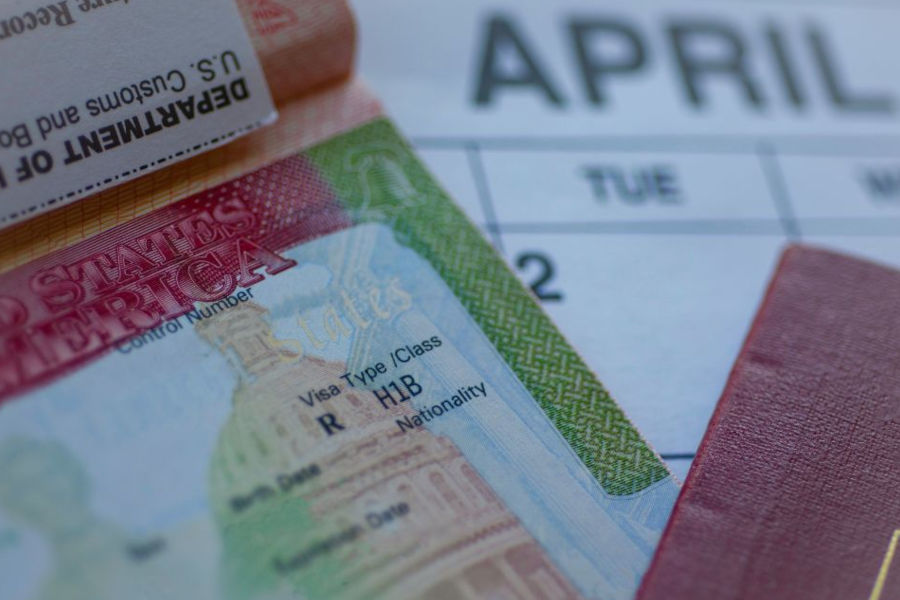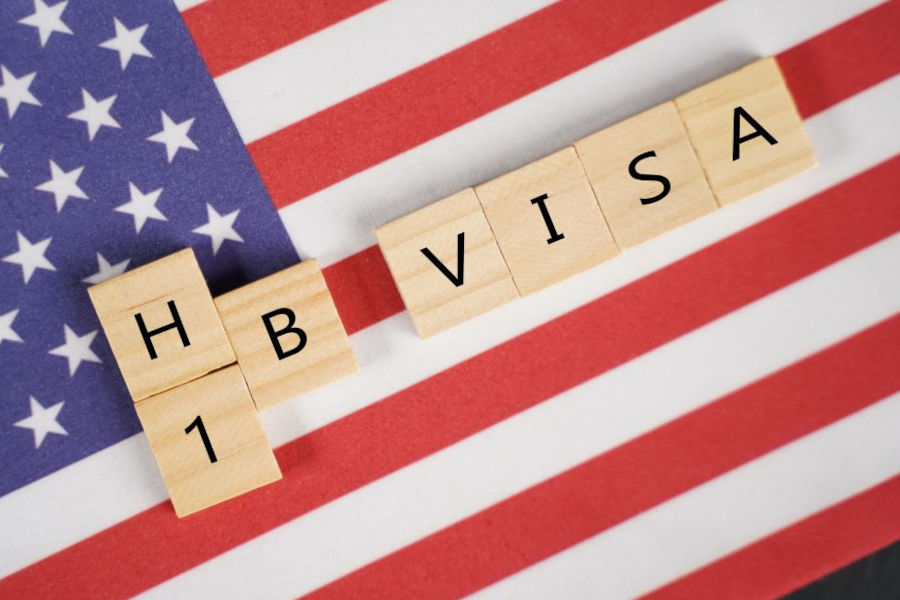Although President Biden has made protecting and strengthening DACA one of his administration’s immigration priorities, litigation continues to threaten the program.
DACA stands for Deferred Action for Childhood Arrivals, allowing certain individuals without lawful status who entered the U. S. as children to postpone removal and obtain a work permit. The program affords a renewable, two-year period during which deportation is deferred.
President Obama created DACA through executive action. President Trump then attempted to end DACA in 2017. After numerous lawsuits challenging this action, the Department of Homeland Security most recently began rejecting all new DACA applications and nearly all new requests for advance parole while limiting DACA renewals to one year. However, DACA was reinstated on December 7, 2020, after a federal district court order following a November 2020 decision that reset DACA policy to that in effect on September 5, 2017—the date of President Trump’s order rescinding DACA.
Currently, USCIS is accepting first-time DACA applications, DACA renewals, and applications for advance parole documents. USCIS is also extending one-year grants of deferred action and one-year employment authorization documents under DACA to two years.
On his first day in office, Biden signed a memorandum ordering the Secretary of Homeland Security to preserve and fortify DACA. This bolsters the current practice of USCIS in response to last December’s court order.
Biden also proposed the US Citizenship Act of 2021, including a pathway to citizenship for DACA recipients. Under the law, those in the DACA program would be eligible for a green card immediately, and then for citizenship after three years as lawful permanent residents.
Still, DACA’s future is not guaranteed. A lawsuit led by the Texas Attorney General challenges the original validity of DACA, arguing that Obama lacked the authority to create the program in the first place. No decision has been issued since the December 22, 2020, hearing. If DACA were to be invalidated, it is unlikely that executive action could correct it, instead requiring Congress to legislate a replacement, which may be more possible with one party holding both chambers.
Francis Law Center, a firm focused on all matters of immigration, will provide updates on DACA’s status through its YouTube channel and blog.
This information is intended to educate and should not be taken as legal advice.
Written by Francis Law Center Staff Eric Liberatore










